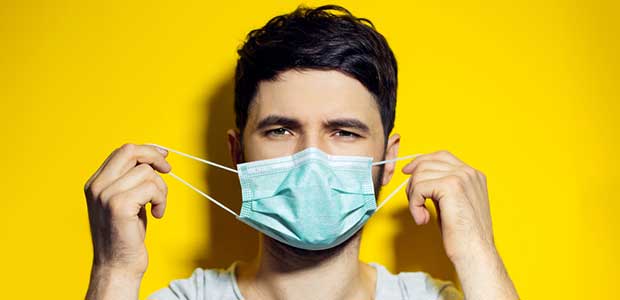
There is Proof that People Who Wore Masks Were the Least Likely to Get Sick with COVID-19
A study conducted shows masks actually did help people from getting sick and spreading the disease, contrary to certain beliefs.
- By Shereen Hashem
- Jun 10, 2021
It looks like they actually work: wearing a mask and social distancing. A poll beginning in March of 2020 reported those who never wore masks were twice as likely to test positive for the coronavirus than those who wore their masks all the time. Only 11 percent of people who reported that they always wear masks outside their homes tested positive—compared to 23 percent who said they never wore masks.
This is even though people who wore masks all the time got tested more regularly than those who did not. Around 30 percent of people who wore masks all the time reported they got tested, in comparison to 23 percent who sometimes wore masks—20 percent of those who occasionally wore them and 12 percent of those who never wore them.
According to an article, when a group of people gets tested less often and has a higher positive rate, there is a good chance that other sick people around them who aren’t getting tested are being missed. It works similarly for social distancing. Only 10 percent of people who said they maintained their six-foot distance tested positive for COVID-19, compared to more than double at 26 percent who said they never did.
Numbers range a little bit upward and downward when choosing when and when not to follow social distancing guidelines at your own leisure. 12 percent of people who said they sometimes kept their distance tested positive; 20 percent for those who did occasionally.
For social distancing’s overall statistics, there was less variation in the testing rates of the group. 26 percent of people who always social distanced got tested, 27 percent got tested who social distanced sometimes, 28 percent of those who did occasionally and 23 percent who got tested never social distanced.
About the Author
Shereen Hashem is the Associate Content Editor for Occupational Health & Safety magazine.